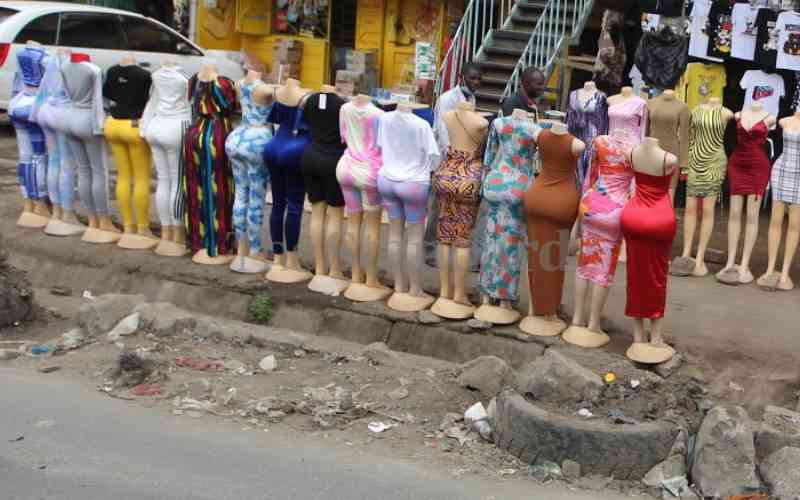×
The Standard e-Paper
Stay Informed, Even Offline

More than 60 years after Uhuru, the legacy of colonialism still litters the land. They range from our names to attire, language and dreams.
Over 60 years after the Union Jack was lowered, the generation that saw the excesses of colonialism has long rested. They could have shared the memories with the next generation. By the third generation, the memories have been attenuated, not just by time but by other competing messages piped to our homes through TV, the internet and movies.